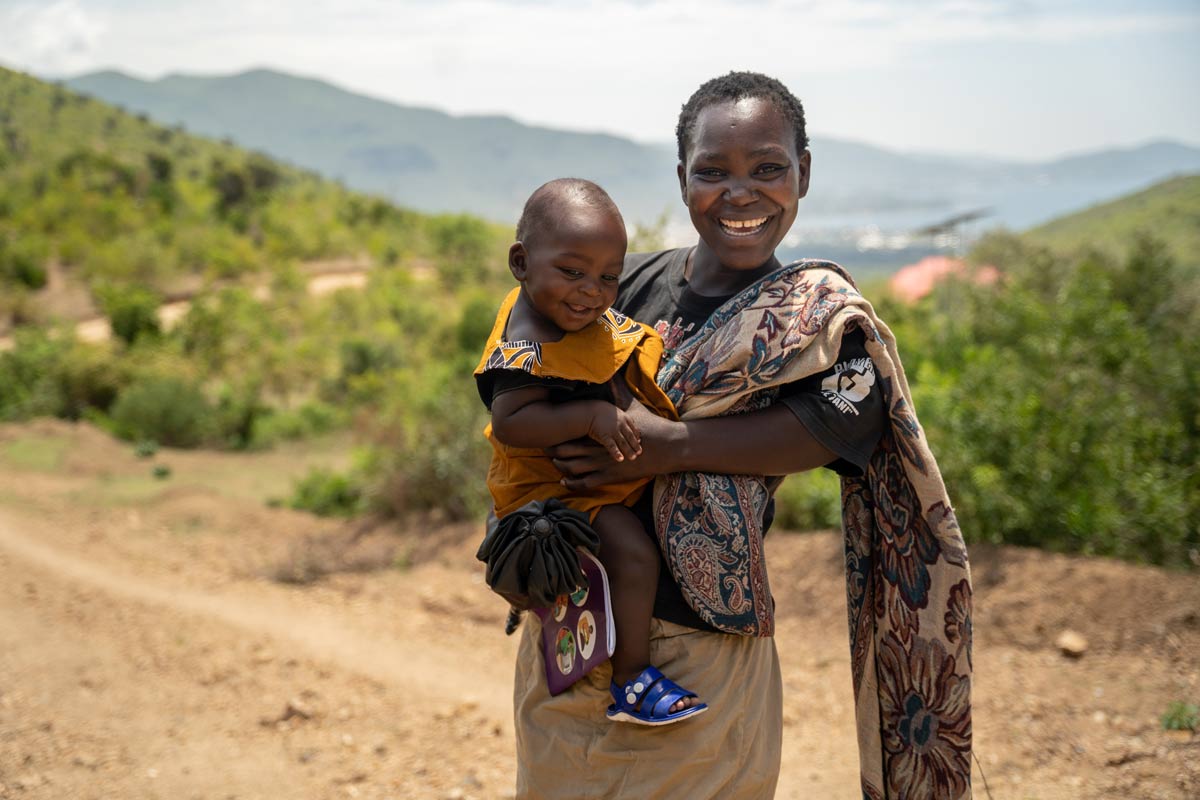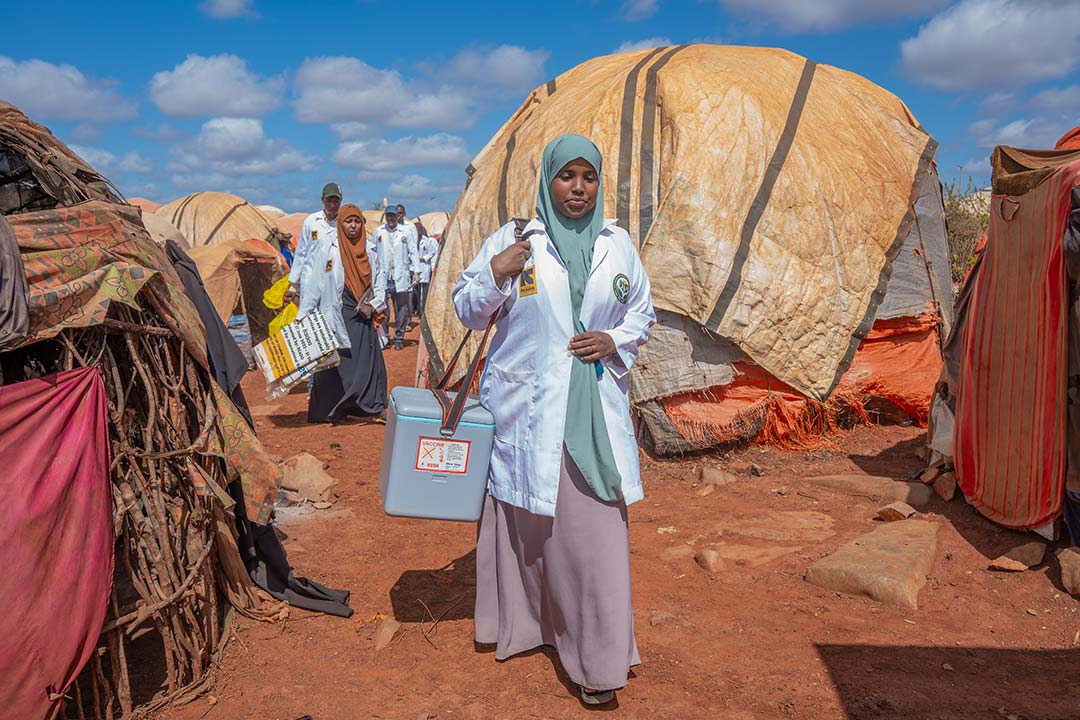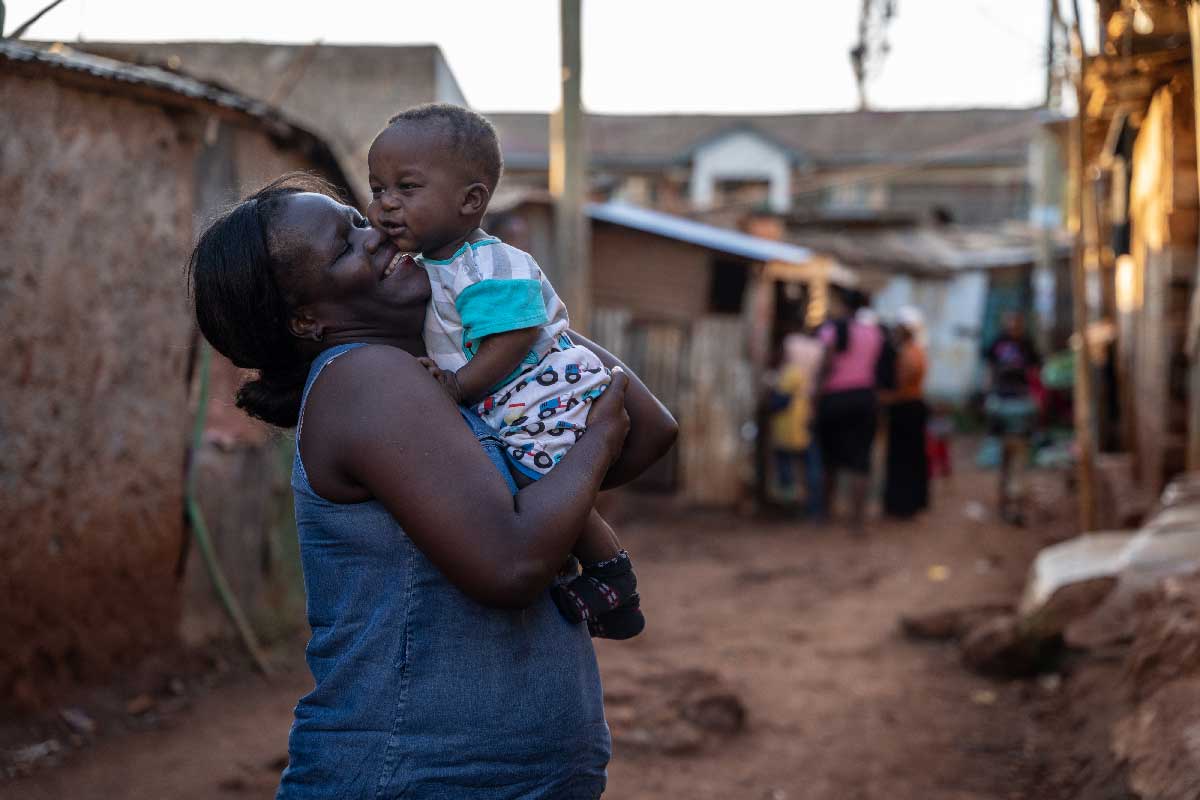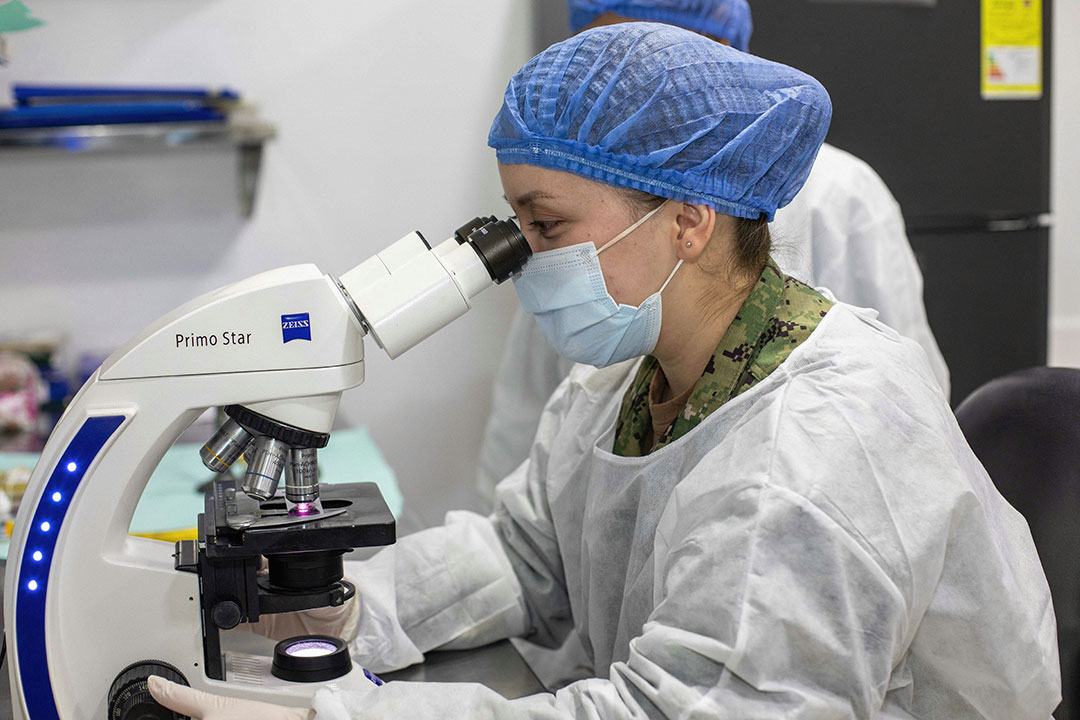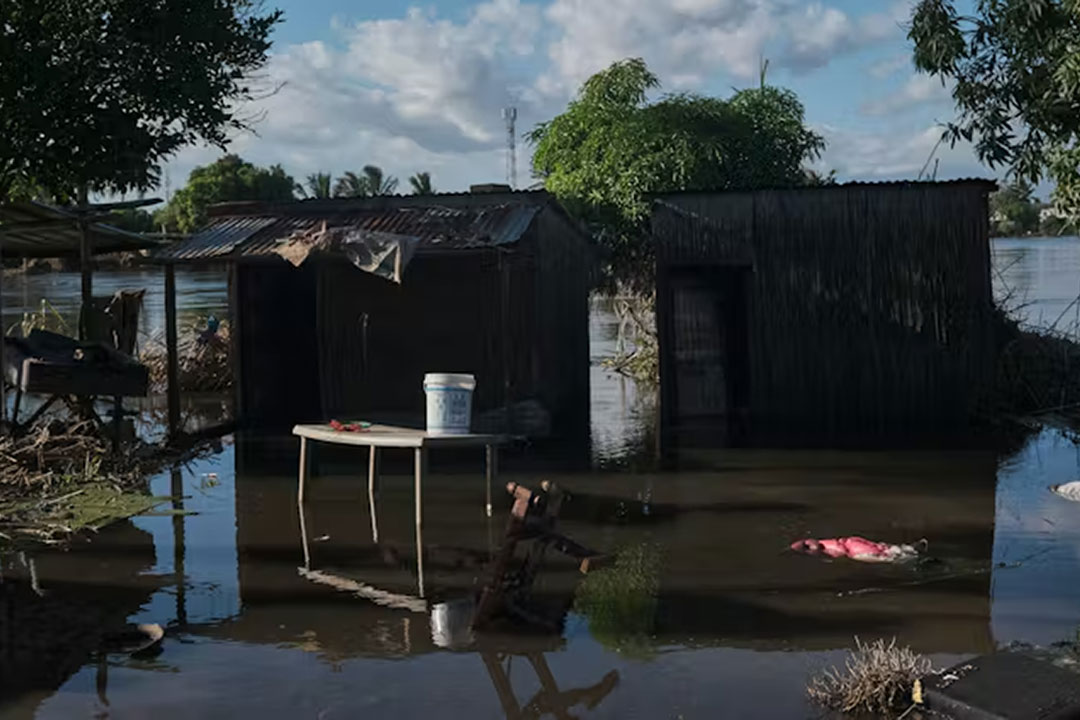Gavi and the UK can turn a new page together
An expert view from the Chief Executive of Gavi, the Vaccine Alliance, Sania Nishtar.
- 4 September 2024
- 5 min read
- by Sania Nishtar
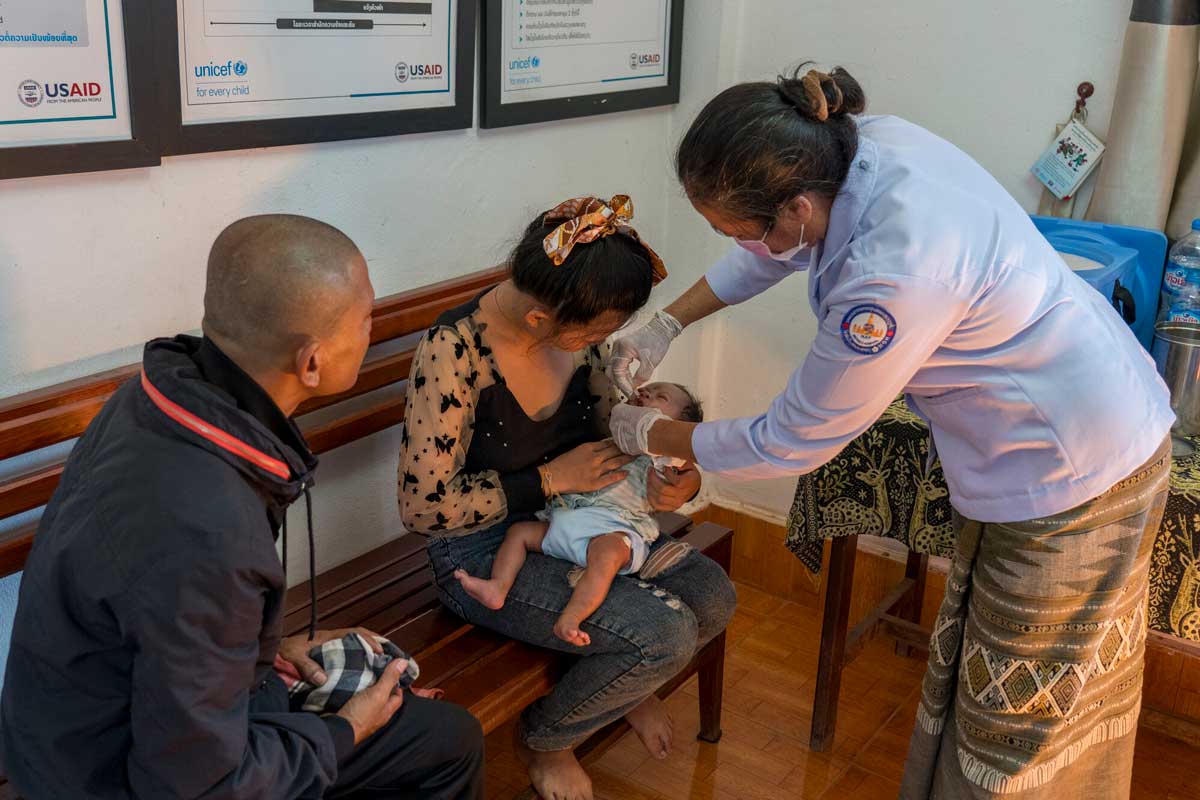
The last time there was a transition of power in the UK to the Labour Party was 27 years ago in 1997. Gavi, the Vaccine Alliance, did not yet exist. Globally, that year more than 10 million children under-five died from vaccine-preventable diseases like pneumonia, diarrhoea and measles – double the number of deaths of children under-five that we see today. And there were more than 5,000 cases of wild poliovirus recorded in 50 countries in 1997, compared with a handful of cases restricted to just two countries today.
Successive UK governments have played a significant role in these transformations by making political and economic investments in innovations that have paid off by improving health outcomes around the world. Gavi is a prime example. Since the UK helped found Gavi in 2000, the Vaccine Alliance has immunized more than one billion children, prevented more than 17 million deaths, generated more than $200 billion in economic benefits in Gavi-implementing countries, and enabled children to live happier and healthier lives and fulfil their potential. Now, as the alliance plans to vaccinate a further 500 million children between 2026 and 2030, we have a perfect opportunity to reflect on whether global health initiatives like Gavi are still aligned with the government’s priorities.
The UK’s new Minister for International Development and Women and Equalities, Anneliese Dodds, wasted no time in sketching a broad outline of her key areas of focus, writing that she would prioritize “genuine partnership with the Global South. Economic growth. Climate action. Empowering women and girls”, and noting that she wants to put “equality at the heart of all we do”.
These new commitments and leadership are both encouraging and vital. In a world where health is in danger of slipping down the international agenda, we need clear and powerful voices to keep making the case for investing in health as the foundation for sustainable development and global health security. And crucially, Gavi and our partners are ready and able to work together to answer the UK’s call to action.
Gavi's model of collaboration with Global South countries is rooted in genuine partnership, placing equal emphasis on their needs and perspectives. Gavi’s long-term aim is to ensure that countries graduate from Gavi support to be able to fully fund their own strong and equitable national immunization programs. A total of 19 countries have graduated from Gavi support so far. The recently signed Abidjan Declaration commits countries and Gavi to ensuring that many more countries are prepared to make a successful transition from Gavi funding to self-funded vaccine programs between now and 2030.
The correlation between health and economic development is well- established, with immunization serving as a crucial determinant of overall health. Our estimates show that vaccinating more than 500 million children between 2026 and 2030 would yield a payoff of more than $100 billion in wider economic benefits for the 57 lower-income countries that Gavi supports, at a cost of only an additional $9 billion.
There are also clear opportunities for close collaboration on longstanding UK commitments to tackling climate change and the threat of antimicrobial resistance (AMR). Vaccines against diseases such as cholera, yellow fever, typhoid and, most recently, malaria, are also some of the most effective tools we have to prevent the spread of antimicrobial resistance and adapt to climate-driven changes that are increasing the threat from insect-borne and water-borne vaccine-preventable diseases. Strengthening the depth and breadth of emergency vaccine stockpiles and continuing to expand access to routine vaccination, especially for communities affected by conflict and fragility, will be crucial to improving global health security in the years ahead.
In 2023, the UK Foreign, Commonwealth and Development Office published the UK’s first international strategy for women and girls. As the new Minister for International Development and Minister for Women and Girls, it is highly likely that Minister Dodds will seek to rapidly build on that momentum as we approach the 2030 deadline for the Sustainable Development Goals.
Have you read?
The Women and Girls agenda is of huge importance to Gavi, too. And like the UK, Gavi has also had a recent change of leadership. I was proud in March this year to become the first Gavi CEO from a Gavi-implementing country, and also the alliance’s first female CEO. As Pakistan’s first female cardiologist, I have first-hand experience of the pernicious gender dynamics that result in girls and boys being treated differently. Under my leadership, Gavi will intensify its focus on equality and on equity.
Empowering women, both within Gavi and in the communities we serve, is one of the five pillars of my vision to strengthen the organization for the future, with greater opportunities and support for women at Gavi; intensified and targeted support to countries to break down the gender-related barriers often faced by female caregivers and health workers, including unfair low pay; and a firm commitment to increasing equity in immunization and other essential health services by making them more accessible and safe for women and girls.
Gavi and the UK are both turning over a new page in what I very much hope is a shared story of deepening cooperation and success, and I am excited to be writing this new chapter in the story of global health together.
More from Sania Nishtar
Recommended for you

